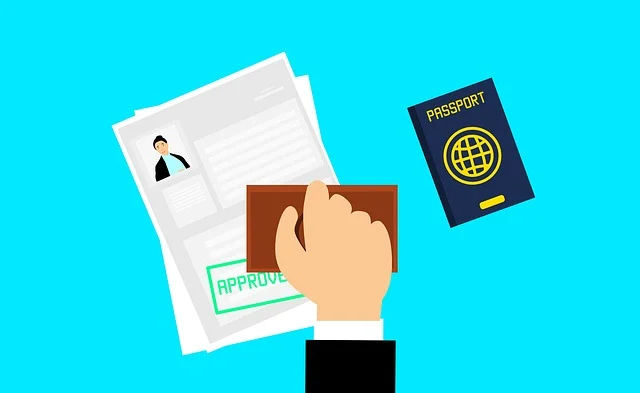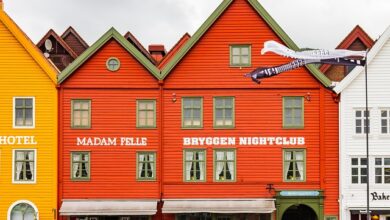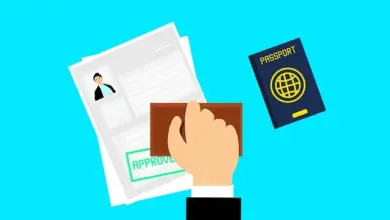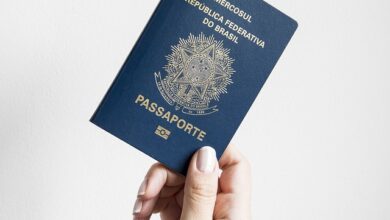Belgian Language Requirements for Citizenship

Obtaining Belgian citizenship is a significant milestone for many expatriates, offering benefits such as EU freedom of movement, voting rights, and access to social services. However, one of the key requirements for naturalization is demonstrating proficiency in one of Belgium’s official languages. This guide explains the language requirements, exemptions, and steps to meet this criterion.
1. Official Languages in Belgium
Belgium is a multilingual country with three official languages:
- Dutch (Flemish) : Spoken in Flanders, the northern region.
- French : Predominantly used in Wallonia, the southern region, and Brussels.
- German : Spoken by a small community in the east.
The language requirement depends on the region where you reside, as each has its own linguistic regulations.
2. Language Proficiency Requirement
To qualify for Belgian citizenship, applicants must prove knowledge of the official language of their region of residence. The level of proficiency required is typically B1 according to the Common European Framework of Reference for Languages (CEFR). This means you should be able to:
- Understand the main points of clear standard input on familiar matters.
- Communicate effectively in most everyday situations.
- Write simple connected texts on topics of personal interest.
Regional Differences
- Flanders : Dutch is mandatory.
- Wallonia : French is required.
- Brussels-Capital Region : Either French or Dutch is acceptable, though French is more commonly tested.
- German-Speaking Community : German may be required, but this is rare due to the small population.
3. How to Prove Language Proficiency
There are several ways to demonstrate your language skills:
Option 1: Language Certificate
You can take an official language exam administered by recognized institutions:
- For Dutch: ITNA (Inburgeringstaalniveau A/B) or exams offered by Flemish integration centers.
- For French: Tests like DELF/DALF (Diplôme d’Études en Langue Française) or those provided by Wallonian integration programs.
- For German: Goethe-Institut exams or local certifications.
Option 2: Integration Course Completion
Many regions require newcomers to complete civic integration courses, which include language training. Successfully finishing these courses often fulfills the language requirement.
Option 3: Educational Qualifications
If you have completed secondary or higher education in the relevant language, you may be exempt from taking a test. Supporting documents, such as diplomas, will need to be submitted.
4. Exemptions from the Language Requirement
Certain individuals may be exempt from proving language proficiency:
- Older Applicants : Those over 65 years old are generally not required to pass a language test.
- Disabled Individuals : People with disabilities that prevent them from learning a new language may apply for an exemption.
- Long-Term Residents : Some long-term residents who have lived in Belgium for decades may qualify for exceptions, depending on individual circumstances.
- Refugees and Stateless Persons : Special provisions may apply to refugees or stateless persons seeking citizenship.
Exemptions are granted on a case-by-case basis and require supporting documentation.
5. Civic Integration Programs
Civic integration is closely tied to language learning in Belgium. Most regions require non-EU citizens to participate in integration programs within five years of arrival. These programs cover:
- Language courses (up to B1 level).
- Knowledge of Belgian society, culture, and laws.
- Orientation on practical aspects of daily life in Belgium.
Failure to comply with integration obligations can delay your path to citizenship.
6. Practical Tips for Meeting the Language Requirement
Enroll in Language Classes
- Many municipalities offer subsidized or free language courses for newcomers.
- Private language schools and online platforms (e.g., Duolingo, Babbel) can supplement formal classes.
Practice Daily Life Skills
- Engage with locals, watch TV shows, listen to podcasts, and read newspapers in the target language.
- Practice conversational skills in real-life scenarios, such as shopping or visiting government offices.
Prepare for the Exam
- Familiarize yourself with the format of the language test.
- Focus on speaking, listening, reading, and writing skills equally.
7. Additional Considerations
Dual Language Competence in Brussels
If you live in bilingual Brussels, knowing both French and Dutch can enhance your integration and career opportunities. While only one language is required for citizenship, being proficient in both demonstrates commitment to the region’s unique identity.
Costs Involved
Language exams and integration courses may involve fees, though subsidies are often available for low-income applicants. Check with your local municipality or regional authority for details.
Timeframe
Achieving B1-level proficiency typically takes 300–400 hours of study, depending on your starting level and dedication. Plan ahead to ensure you meet the requirement before applying for citizenship.



